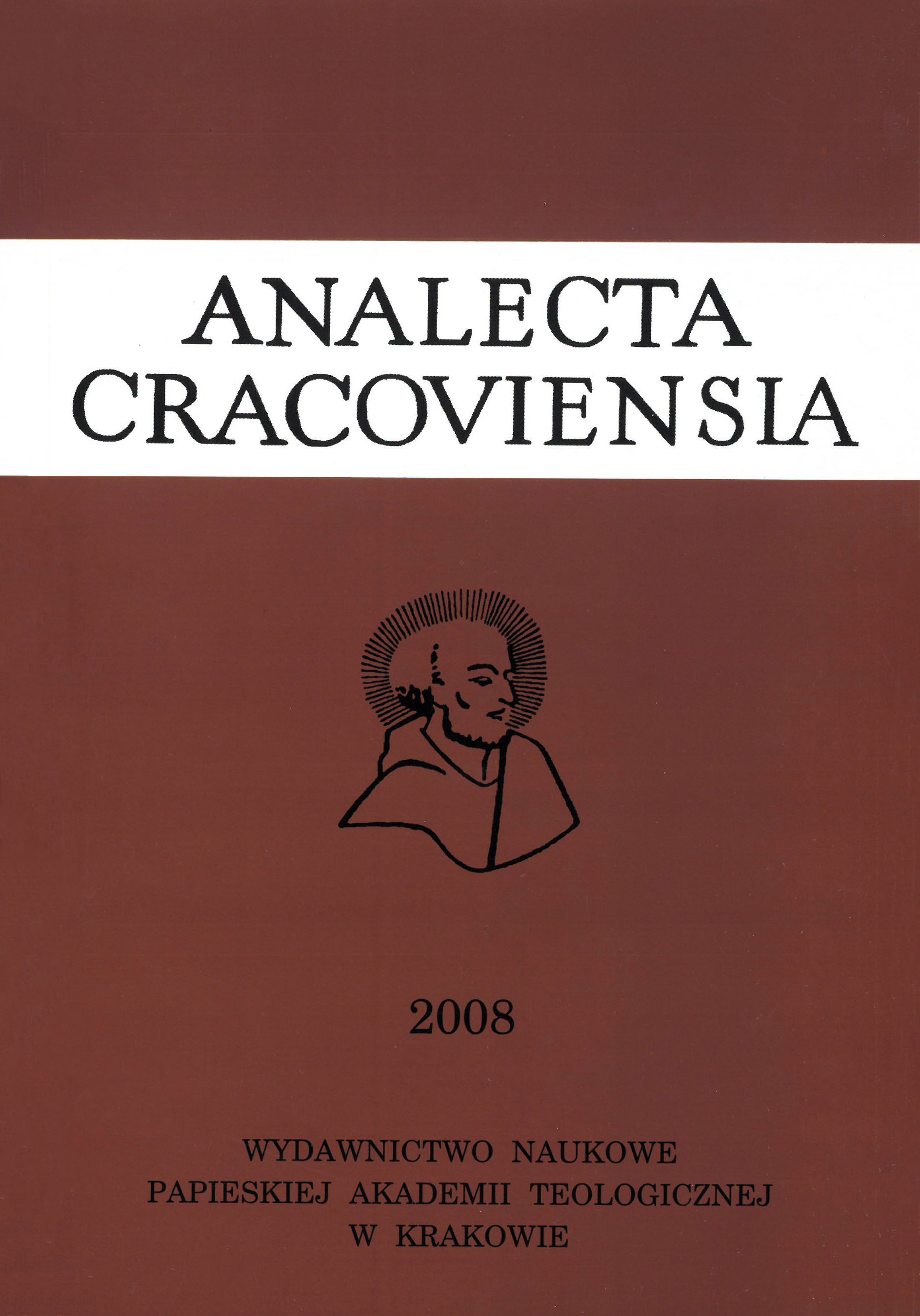Strukturalizm i funkcjonalizm w podejściu do definicji postaw
DOI:
https://doi.org/10.15633/acr.4002Abstract
The purpose of this article in its first part was to demonstrate methodologically different paradigms in approach to defining attitude. Three perspectives were characterised here – the ecological, the behavioural and the cognitive perspective. In consequence, a conclusion was drawn that it was impossible to elaborate one, structural definition of attitude. In the second part of the article functions of attitude were discussed. Particular stress was laid on the way attitudes influence perception, assessment, memorising information as well as the choice of certain behaviour with selectivity. This lead to a proposition of an operational definition of attitude which could be accepted by several theoretical approaches. It was also the aim of the second part of the article. Attitude can be described in its functional aspect as a certain type content which has adaptive meaning for the subject, as it focusses our cognitive structures on information relevant to us. It thus influences our selective perception of the world in order to shape our preference for certain types of behaviour.
Downloads
Published
Issue
Section
License
Copyright (c) 2022 Marcin Cholewa

This work is licensed under a Creative Commons Attribution-NonCommercial-NoDerivatives 3.0 Unported License.
Authors who publish with this journal agree to the following terms:
- Authors retain the copyright and full publishing rights without restrictions, and grant the journal right of first publication with the work simultaneously licensed under a Creative Commons Attribution 4.0 International License that allows others to share the work with an acknowledgement of the work's authorship and initial publication in this journal.
- Authors are able to enter into separate, additional contractual arrangements for the non-exclusive distribution of the journal's published version of the work (e.g., post it to an institutional repository or publish it in a book), with an acknowledgement of its initial publication in this journal.
- Authors are permitted and encouraged to post their work online (e.g., in institutional repositories or on their website) prior to and during the submission process, as it can lead to productive exchanges, as well as earlier and greater citation of published work (See The Effect of Open Access).

